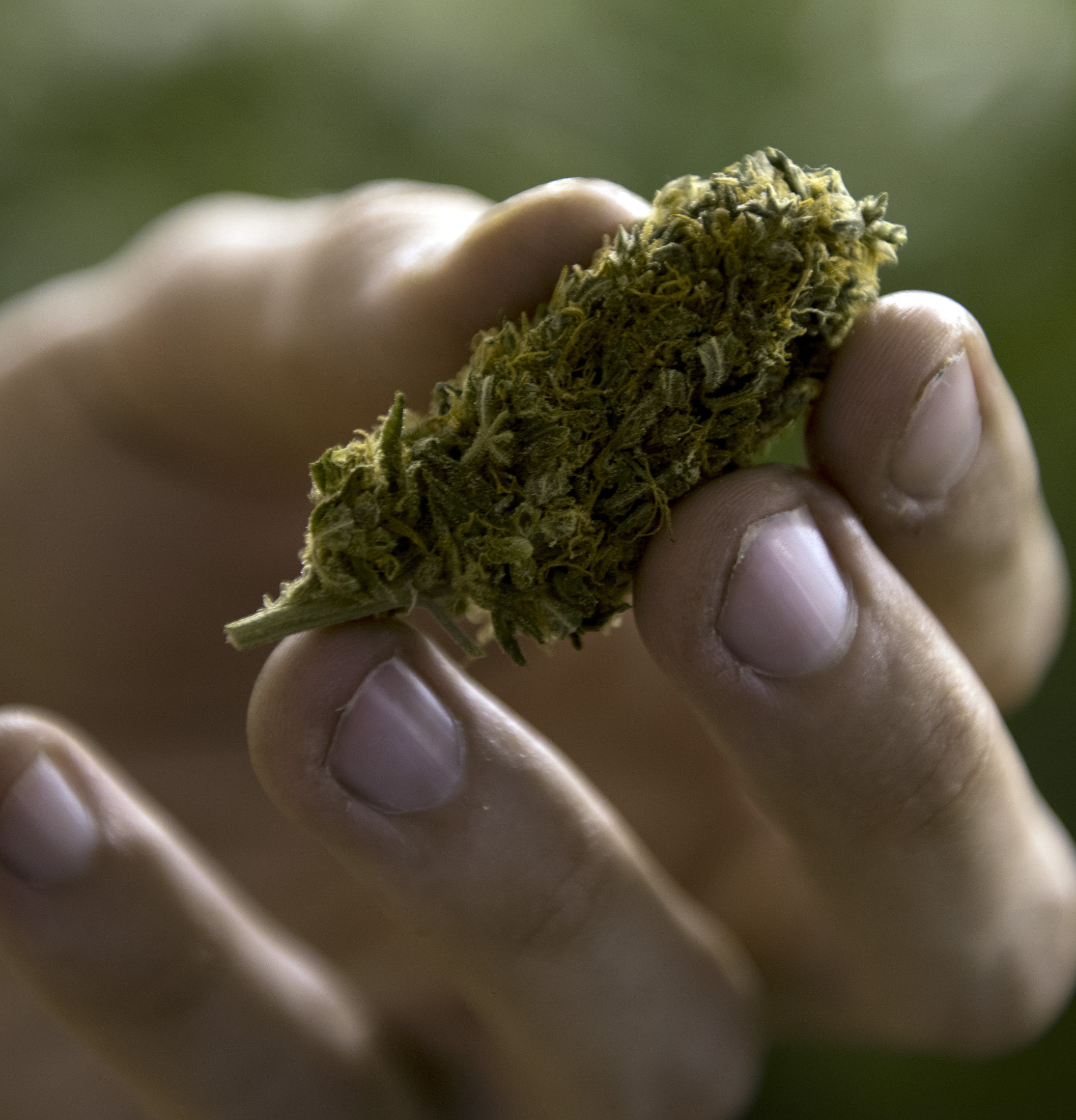Holy smokes! Teen marijuana use not linked to later health issues, study finds
Chronic marijuana use among teenage boys does not appear to lead to later physical or mental health issues — like depression or psychotic symptoms — despite previous research to the contrary, according to a new study. Researchers at the University of Pittsburgh Medical Center and Rutgers University tracked the progress of 408 males from adolescence into their mid-30s with varying patterns of pot use. Based on previous research, lead researcher Jordan Bechtold, expected to detect some link between teen marijuana use and the onset of delusions, hallucinations, cancer or respiratory ailments later in life.
What we found was a little surprising. There were no differences in any of the mental or physical health outcomes that we measured regardless of the amount or frequency of marijuana used during adolescence.
Lead researcher Jordan Bechtold
Greg Skipper, director at Promises Behavioural Health, an alcohol and drug addiction treatment center, commended the authors of this new study for controlling for variables, like cigarette smoking, to give us a more accurate idea of how marijuana might affect someone over the long term. He said the problem with previous studies is that they provided correlation rather than causation data. Skipper noted that marijuana can cause memory problems and be addictive to some people.
They’re not proving here that marijuana doesn’t have problems, but it may not cause physical illness. This is good data. It leads us to thinking that it’s benign in some ways but not other ways.
Greg Skipper, Director at Promises Behavioural Health

Marijuana Health